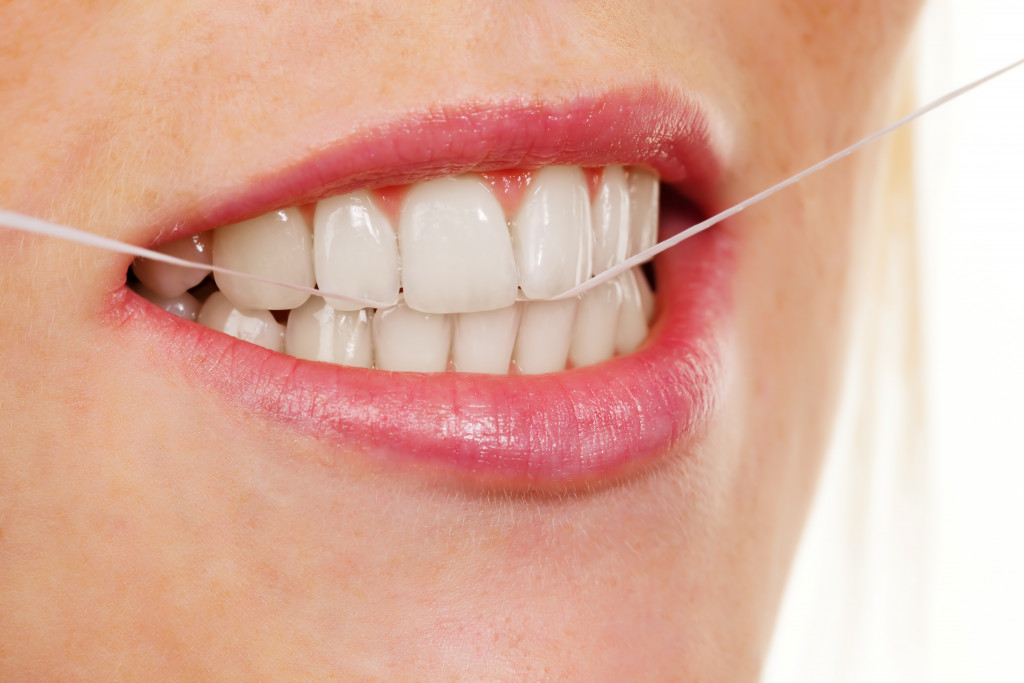- Good oral hygiene habits are critical to maintaining overall health and happiness in your 60s.
- Brushing and flossing daily and using mouthwash regularly is essential to good dental hygiene.
- Seniors should take preventive measures to reduce the risk of gum disease, cavities, and tooth loss.
- Replacing missing teeth with dentures or implants may be necessary for seniors to chew food properly.
As people age, their dental health becomes increasingly important. Good oral hygiene habits are the key to a healthy and happy life, even during your sixties. Poor dental health can lead to numerous health concerns, including gum disease, cavities, and tooth loss. It is estimated that over 60% of Americans aged 65 and older live with some form of periodontal (gum) disease, making it one of the most prevalent chronic diseases in the United States. Additionally, nearly 25% of adults over 60 suffer from untreated cavities in their teeth.
Overall, it’s never too late to start taking charge of your dental health – especially during your sixties! However, it would be best if you learned to recognize the common signs and symptoms of poor oral health to address them adequately. Here are a few tips to help you maintain your dental health during this stage of life:
Maintain Dental Hygiene

Good dental hygiene habits are essential for maintaining a robust and healthy mouth and teeth, regardless of age. Poor oral health can lead to various problems, from gum disease and cavities to tooth loss. Poor oral health can cause even more significant issues for seniors due to the risk of weakened immunity or difficulty eating food. Therefore, it is essential for people of all ages to learn the importance of proper dental hygiene and how to practice it.
Brushing Your Teeth Daily
Perhaps the simplest and most important part of maintaining dental hygiene is brushing your teeth at least twice daily. Brushing helps remove plaque and bacteria that would otherwise build up on your teeth and gums. You should use a soft-bristled toothbrush with fluoride toothpaste, gently brushing each part of the tooth surface (including the back molar areas) in small circles for two minutes at a time.
Flossing Regularly
Flossing removes plaque buildup between teeth that a toothbrush may not be able to reach. Flossing should be done once per day, ideally after brushing. To floss effectively, you must use enough floss so that there is enough tension between your fingers as you move them back and forth between each tooth.
Using Mouthwash
Another great way to maintain good dental hygiene is by using an antiseptic or fluoride mouthwash after brushing your teeth or flossing to reduce bacterial buildup in the mouth further and prevent gum disease or cavities from developing. Swish any mouthwash for 30 seconds before rinsing it out with water or spitting it into a sink or cup if instructed by the product label.
Utilizing Tongue Scraper
Your tongue is home to many bacteria that can cause bad breath, so it’s essential to clean it regularly. A tongue scraper helps remove plaque buildup and any debris from the surface of your tongue to help freshen your breath and maintain good dental health.
Preventive Measures
Seniors must take preventive measures when maintaining dental health because their risk of dental health issues increases with age. As people age, the risk of developing gum disease and cavities increases, leading to severe problems such as tooth loss and difficulty eating food. Seniors are also more prone to weakened immunity, making them more susceptible to infection caused by bacteria in the mouth. Additionally, they may be more likely to suffer from dry mouth due to medications or other medical conditions, which can increase their risk of developing cavities and gum disease.
Taking action early is critical to maintaining good dental health throughout your sixties and beyond. Regular check-ups with your dentist are recommended to identify any problems early on so that preventive measures can be taken before they become serious. A balanced diet with plenty of fruits and vegetables will help ensure adequate vitamins and minerals for healthy gums and teeth. By taking these steps, seniors can maintain good oral hygiene habits throughout their lifetime!
Dental Procedures

As people grow older, they are more prone to teeth damage and decay due to various reasons such as wear and tear of teeth, weakened enamel due to lack of vitamins or minerals in the diet, gum disease caused by plaque buildup, dry mouth caused by medications or other medical conditions, and cavities due to neglecting oral hygiene. For some seniors, target=”_blank” rel=”noopener noreferrer”teeth replacement procedures may be necessary for maintaining dental health.
Replacing teeth is not just about keeping a beautiful smile; it can ensure that seniors can chew their food thoroughly and gain all the nutrition they need from their diet. Additionally, completely replacing missing teeth can help improve speech clarity while supporting facial muscles that will eventually suffer if not adequately supported.
In addition to replacing teeth with bridges or implants made out of porcelain (ceramic), adults over 60 could benefit from dentures – a removable set of artificial teeth custom-made according to each patient’s needs and fit over existing teeth with adhesive material. Dentures allow individuals who have lost many teeth or all of their natural teeth an effective way to eat solid foods without worrying about pain during mastication (chewing) movements which would otherwise occur if natural teeth were missing.
Final Thoughts
As people age, it’s critical to pay attention to dental health. Poor oral hygiene can lead to numerous issues, such as gum disease, cavities, and tooth loss, so taking steps early is essential for maintaining a healthy and happy life during your sixties.


